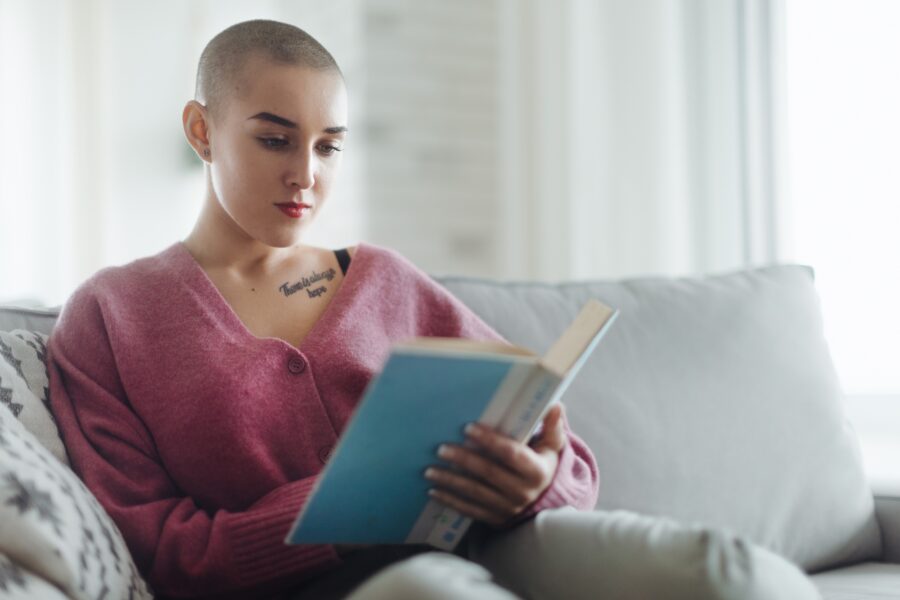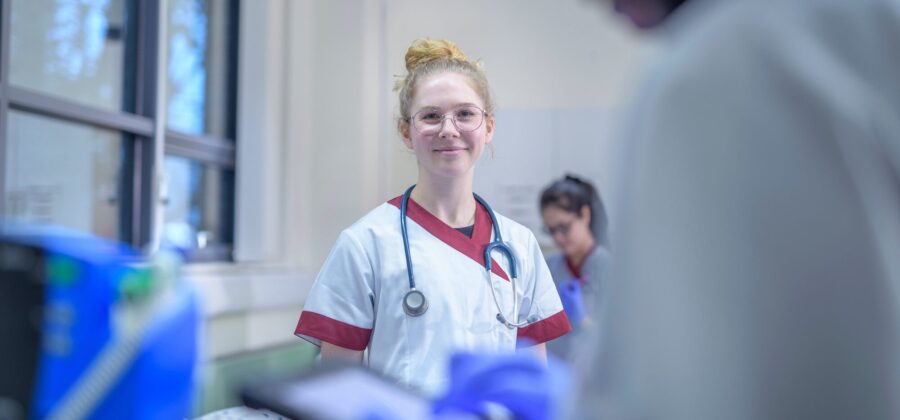Read more
CAR T-cell therapy is a type of cancer treatment that uses your own immune system to fight some subtypes of B-cell Non-Hodgkin Lymphoma. It was first approved in Australia in 2018 and is publicly funded for eligible patients.

It’s used for people whose lymphoma hasn’t responded to other treatments or has come back (relapsed or refractory).
There are currently 3 funded CAR T-cell products in Australia:
CAR T-cell therapy is powerful and can cause side-effects:
Always call your healthcare team if anything feels wrong. Early action makes a big difference.
CAR T-cell therapy is powerful and can cause side-effects:
Always call your healthcare team if anything feels wrong. Early action makes a big difference.
Lymphoma Australia is working hard to expand access across all states.
If your state doesn’t offer CAR T-cell therapy, contact your local MP using our template letter.
You are not alone. For support, clinical trial info, or questions:
Call our nurses on 1800 953 081
Email: nurse@lymphoma.org.au

Please note:
Lymphoma Australia staff are only able to reply to emails sent in English language.
You need healthy T-cells to make CAR T-cells. For this reason, CAR T-cell therapy cannot be used if you have a T-cell lymphoma – yet.
For more information on CAR T-cells and T-cell lymphoma click here.
Special Note: Although your T-cells are removed from your blood for CAR T-cell therapy, most of our T-cells live outside of our blood – in our lymph nodes, thymus, spleen and other organs.